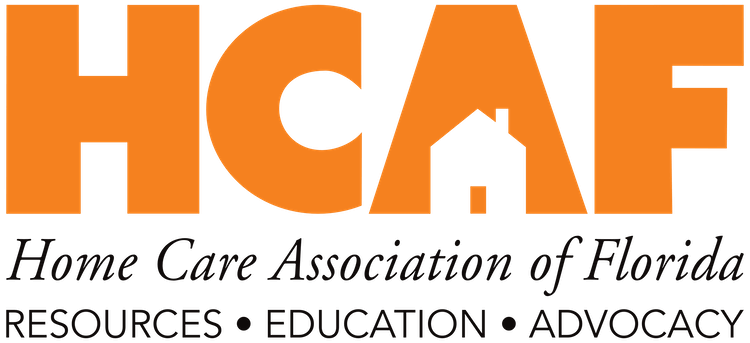President Signs Bill Staving Off Medicare Cuts

President Signs Bill Staving Off Medicare Cuts
President Joe Biden signed legislation into law to delay significant payment cuts to Medicare providers after the bill easily passed the House of Representatives and Senate earlier in the week. The Protecting Medicare and American Farmers from Sequester Cuts Act was approved by the President on December 10, 2021.
This represents a major advocacy win for the home health community, which was led by the National Association for Home Care & Hospice (NAHC). By staving off the devasting rate reductions that were slated to start on January 1, 2022, Congress and the President recognize that providers of all kinds, including home health agencies, continue to be historically challenged by the pandemic and unprecedented workforce shortages. This action ensures that home health and Hospice providers can continue serving patients and families at a time when high-quality home-based care has never been more necessary.
The most relevant Medicare payment provisions in the new law include:
- A three-month delay of the entire planned 2% Medicare sequester payment reductions, to be in effect January 1, 2022, through March 31, 2022 (i.e., no sequester-related payment reductions in effect for the first three months of 2022);
- A three-month, 1% reduction in Medicare sequester payment reductions, in effect April 1, 2022, through June 30, 2022 (i.e., a 1% across-the-board sequester-related payment reduction for the second quarter of 2022); and
- A one-year delay until 2023 of the entire planned so-called PAYGO sequestration cuts, which were set to go into effect as a result of the budget deficit impact of the last major COVID-19 legislative relief package passed in March 2021. Pay-As-You-Go (PAYGO) cuts were estimated to be around $36 billion for Medicare providers.
Based on 2019 levels of Medicare spending for home health and hospice ($18.1 billion for home health; $20.9 billion for hospice), NAHC roughly estimates that the total savings across the two programs associated with this legislation reaches approximately $1.85 billion.
The sequester-related delays in this bill are paid for by bumping up the sequester payment reduction amounts in the year 2030, and the PAYGO cuts are delayed for only one year until 2023. While this particular bill is very welcome news, the annual stress and threat of continued Medicare cuts is an ongoing challenge to home-based providers’ stability and predictability. NAHC committed to fighting against harmful payment reductions and advancing sensible long-term sequestration relief.
There are other Medicare-related payment policies in the bill as well, including the maintenance of a 3% pay bump for Part B providers through 2022 under the Medicare Physician Fee Schedule, the delay of payment reductions tied to the clinical laboratory fee schedule, and a one-year postponement of CMMI’s radiation oncology payment model demonstration.
